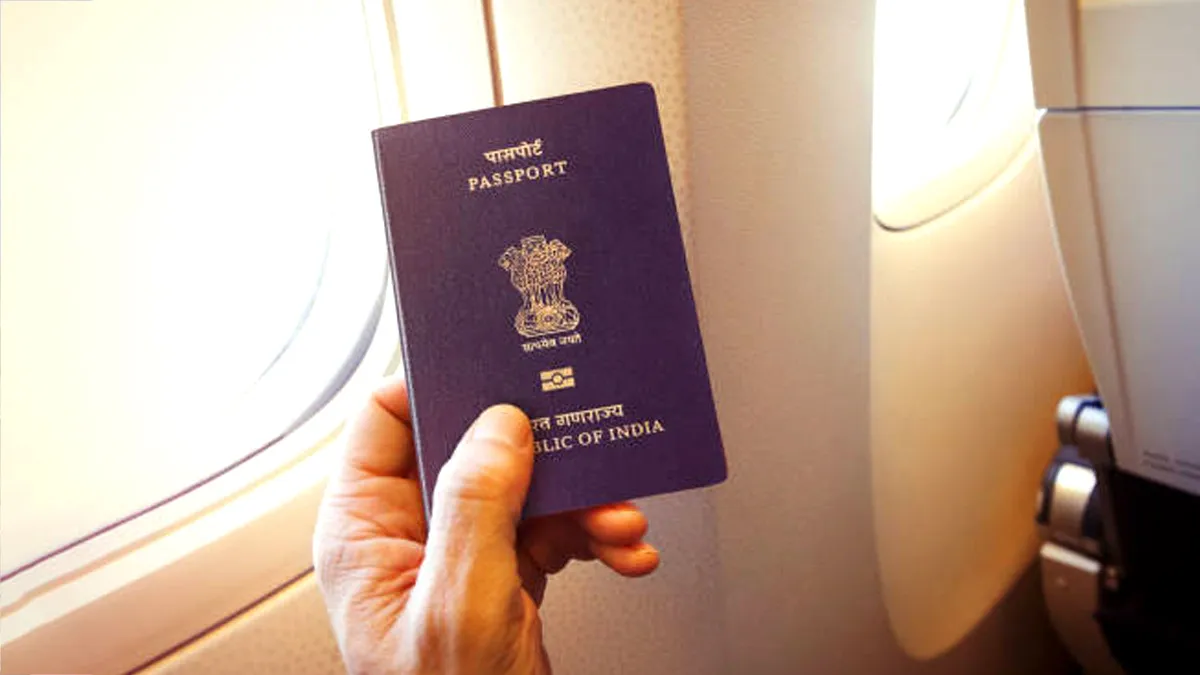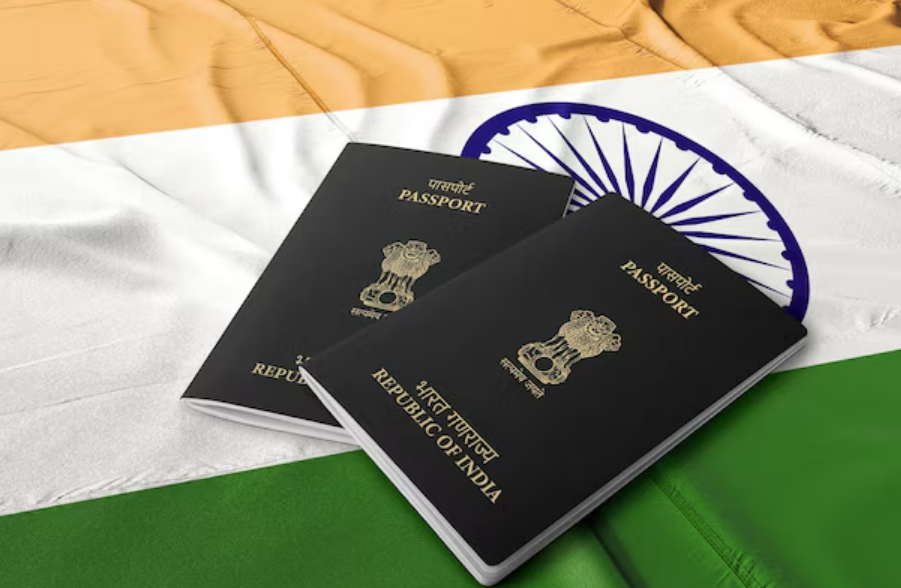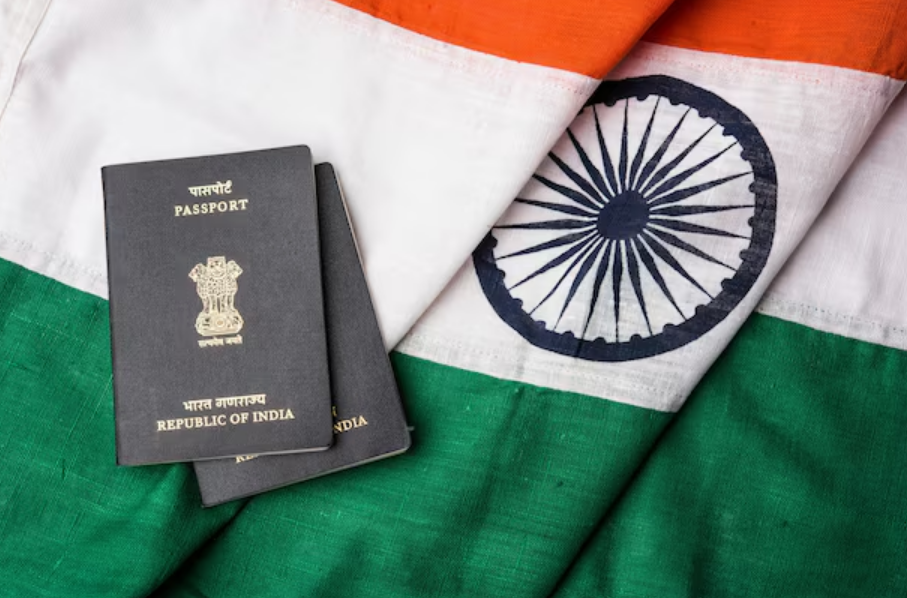
India has officially started issuing chip-enabled e-passports as part of a major upgrade to the traditional passport system. According to the Ministry of External Affairs (MEA), these new passports aim to improve security, streamline immigration processes, and align with international standards. The rollout is part of the Passport Seva Programme (PSP) Version 2.0, which began on April 1, 2024.
Currently, e-passports are being issued in 13 Indian cities, with plans to expand across the country later this year.
As of now, e-passports are available at Regional Passport Offices in the following cities:
The MEA has confirmed that e-passports will be extended to all Passport Seva Kendras in India later this year.

An e-passport is similar to a regular passport but includes an embedded RFID (Radio Frequency Identification) chip and antenna inside the back cover. This chip securely stores the passport holder’s biometric and personal information, such as:
A gold-coloured e-passport symbol is printed beneath the cover to distinguish it from traditional passports.
The stored data on the chip is encrypted and protected by international security protocols to prevent tampering or unauthorised access. According to the MEA, the system uses Public Key Infrastructure (PKI) to:
This helps ensure that the passport is genuine and has not been altered, offering enhanced protection against forgery and duplication.

The passport issued by eligible cities will automatically be an e-passport.
The MEA has clarified that the switch to e-passports is not mandatory. All existing passports will remain valid until their expiration date
Don't Miss: iPhone, iPad Users Beware: Government Issues Urgent Advisory Over Data Theft Risk
For more such stories, stay tuned to HerZindagi.
Image Courtesy: Freepik
Our aim is to provide accurate, safe and expert verified information through our articles and social media handles. The remedies, advice and tips mentioned here are for general information only. Please consult your expert before trying any kind of health, beauty, life hacks or astrology related tips. For any feedback or complaint, contact us at compliant_gro@jagrannewmedia.com.